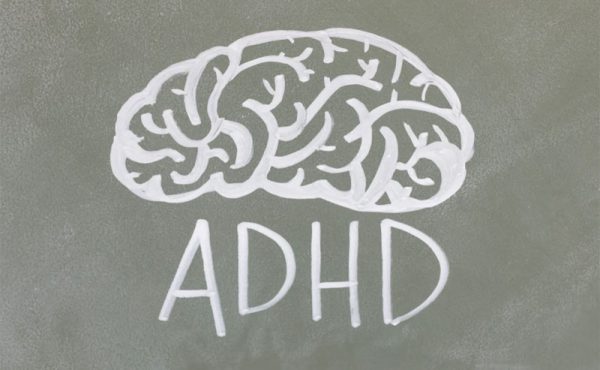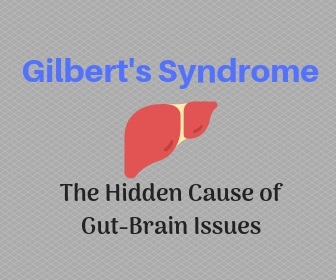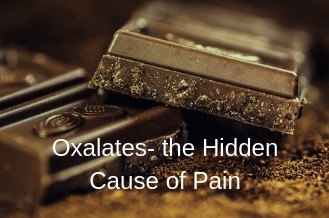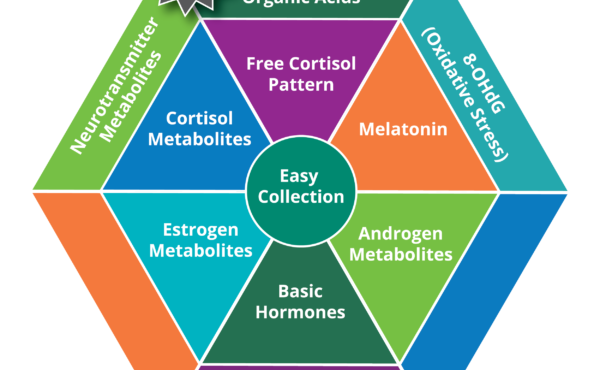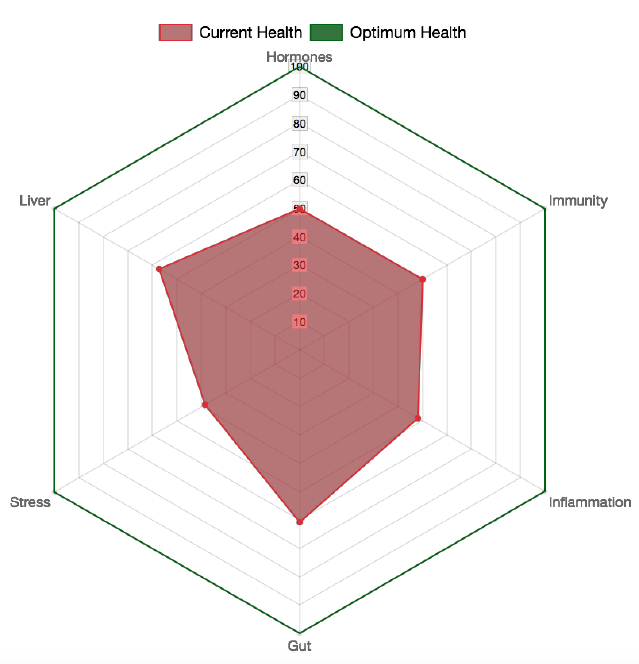Written by: Maria Allerton and Toni Chambers ADHD (Attention Deficit Hyperactivity Disorder) is a neurodevelopmental condition. It is frequently diagnosed in children, but more adults are now receiving diagnoses of ADHD. It affects around one in 20 Australians, that’s about a million people, but as ADHD becomes more common, people are looking to nutrition and diet solutions and the root cause rather than medication. You will find that ADHD is more commonly diagnosed in males than females and in childhood when attendance at school highlights difficulties, including physical restlessness, inability to concentrate and short attention span?1 Although I haven’t sought a formal diagnosis of ADHD for myself, over the past few years, I’ve noticed the signs and symptoms emerge daily and have looked back at my childhood. I
View more-
-
When a client comes in to see my in clinic for Pyrroles Disorder nutrition advice, I often get asked the questions: "What’s the best diet for Pyroluria?", "What should I eat?", "What foods should I avoid?". As always my answer is – it depends. I firmly believe there is no one ‘diet’ that works for everyone which is why I practice highly personalised nutrition. However, below are some general guidelines that I have formulated based on my personal experience, my clinic experience with hundreds of clients with Pyrrole Disorder, and research by experts in relevant areas. The absolute key issue to address for anyone with Pyroluria is gut health. This is paramount and is the biggest cause of oxidative stress I see in my Pyrrole clients. If you are
View more -
IBS is not a disease in and of itself. It is a collection of symptoms caused by other health factors. Other factors are often overlooked or not looked into at all. They often leave you with symptom relief but no solutions to address the cause of the digestive distress! But there is no need to live with the throws of IBS long-term. You can address Irritable Bowel Syndrome by testing your gut health to discover what's causing the IBS symptoms. And then, you can make a clear plan to fix the cause and heal your gut. Irritable Bowel Syndrome… Don't you just love the diagnoses of exclusion and the term 'syndrome'?! For millions of people who experience digestive distress daily – and I was one of these people
View more -
If you suffer from gut issues like constipation, slow bowels, diarrhoea, bloating, gas, pain, food intolerances… You are undoubtedly feeling frustrated by the lack of answers to these problems in mainstream medicine. Chances are you have done some basic tests or even an endoscopy and or colonoscopy to only be told you have IBS (Irritable Bowel Syndrome) and just to avoid your 'trigger foods'. Maybe you've been told you have 'leaky gut'. Perhaps it's SIBO. Maybe it's stress or 'all in your head'. I adopt the strategy of 'Test, don't guess' when it comes to your gut health. This is a far more reliable approach, and I honestly believe it's essential. Gut microbiome testing This is the missing piece to resolving gut health and many other issues. Understanding your gut
View more -
The biggest cause of iron deficiency is low stomach acid (hydrochloric acid or HcL). As simple as that. When HcL levels fall low, it becomes very challenging for the body to digest protein, particularly animal protein, thereby compromising iron absorption (as well as B12 and zinc in particular).
View more -
Signs and Symptoms of Gilbert's Syndrome in Adults My new ONLINE COURSE for Gilbert's Syndrome is here! The most complete resource on Gilbert's Syndrome: Living with Gilbert's Syndrome - True Health Synergy (simplero.com) You can also follow my Instagram page Gilberts_Syndrome_Support for all things Gilbert's, my clinical insights and recommendations. Common Symptoms that people with Gilbert's Syndrome experience: Do you find that your bowel movements are all over the place regardless of whether you eat the same foods? Do you suffer from constipation or loose stools, especially stools in yellow/mustard colour that float (sorry for the gory details)? Have you ever had yellowing of skin/eyes -jaundice? Are you often really fatigued for no reason? Has your gallbladder been taken out, or have your parents/grandparents had gallbladder issues or had it removed? Do you feel
View more -
If you have pain symptoms in the form of fibromyalgia, headaches and migraines, kidney stones or kidney/lower back pain, vaginal pain, joint and muscle pain- there is a strong chance that you may have a high oxalate level. These crystals which are by-products of the metabolism of certain foods as well as fungal overgrowth precipitate in tissues causing all sorts of damage. They are also a major problem for children on the spectrum.
View more -
Pyrrole Disorder, also known as Pyroluria or Pyrroles, is a metabolic disorder that most commonly manifests as a mental health condition, poor ability to handle stress and immune and metabolic issues. Pyroluria is something I have personal experience with, and I understand its varied digestive, mental and systemic symptoms intimately. And I can tell you with experience and certainty: there is much work, but there is a light at the end of the tunnel. Pyroluria testing is becoming more accepted in Australia by nutritionists, naturopaths and integrative doctors. Clinically, I find it relevant as it helps identify this important imbalance in zinc, B6 and other mineral deficiencies and copper related issues. Your Pyrrole Disease Score is an indicator of oxidative stress It is very common for me to see a
View more -
The DUTCH® test is a state of the art test from the US lab Precision Analytical Inc. that provides a clear and comprehensive look at our hormones, stress levels, oxidative stress (disease) markers and mood issues. Who should be tested: Hormones dictate your mood, weight, energy and sleep and when they are dysregulated, women will often experience: stubborn weight gain bloating and indigestion or food intolerances periods with pain, heavy flow, irregularity mood issues that range from irritability to turning into a ‘monster’ that is impossible to be around with depression and anxiety that can last for up to 2 weeks of the month frequent waking at night or insomnia sugar and/or salt food cravings that are impossible to control hair loss fatigue that creates dependency on
View more

